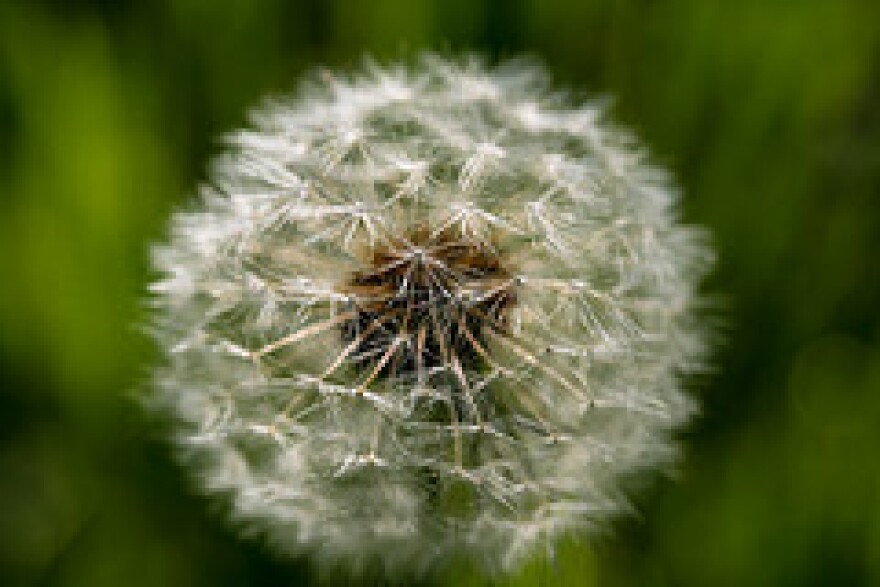It’s that time of year. Our calendars may be showing that it is finally spring but for the 40 million Americans who suffer from allergies, this is not completely good news. With the tough winter experienced over the last few months, scientists fear that the spring allergies might be rougher this year.
According to Dr. Janna Tuck, allergy and immunology specialist at Allergy Partners of Cape Girardeau, this spring we can expect for the trees to pollinate all together as they delayed the creation of pollen because of the cool weather.
“The trees that should have pollinated in the last month will all pollinate at the same time, so we’ll have this intense amount of pollen all at once in the next probably 10 to 14 days,” Dr. Tuck said.
Because of the weather, allergies have been attenuated so far. When the winter is really cold, it is good for allergens because the mold counts drop off and weeds are completely dead ... when that winter respects the seasonal calendar.
“If it was really cold until February and then warmed up it would be a very normal season because that’s the normal weather for the plants in this area. When it’s very different than the normal weather, that’s when you get changes in how much pollen and how much mold are in the air,” Dr. Tuck explained.
Dr. Tuck expects this allergy season to be very intense but short lived as we are already six weeks into the normal allergy season for southeast Missouri. Dr. Tuck added that when the season is not very long, patients with mild allergies may not have time to develop symptoms. However, people with moderate to very high allergies may be very symptomatic during the time when the pollen count is high.
Dr. Tuck has not noticed an increase in allergy sufferers yet but she expects a lot of calls in the next couple of weeks.
“So far, like I said, this has been a very mild allergy season because the weather has been so cold,” Dr. Tuck said.
The pollen is in the air all the time but it gets higher during the morning. To fight seasonal allergies, Dr. Tuck recommends that people keep the windows of their house and car shut, preventing the spring breeze from bringing the allergens inside.
“If they are outside, doing work and then come in, they should change their clothes and potentially take a shower to get that off of their hair and their skin. If they have to work in the yard and they are very symptomatic they may consider wearing a mask to decrease the exposure,” Dr. Tuck added.
Even though there are good over-the-counter medications available now, Dr. Tuck also thinks that people with severe symptoms should see an allergist to find out exactly what they are allergic to, get on better prescription medication or even get an allergy shot.
It is hard for people to tell the difference between the common cold and an allergy. The main difference is that if the symptoms persists over a couple of weeks, it is probably an allergy. Also, if people realize the symptoms occur every year at the same time, this can also be an indicator that this is not a cold but an allergy.

